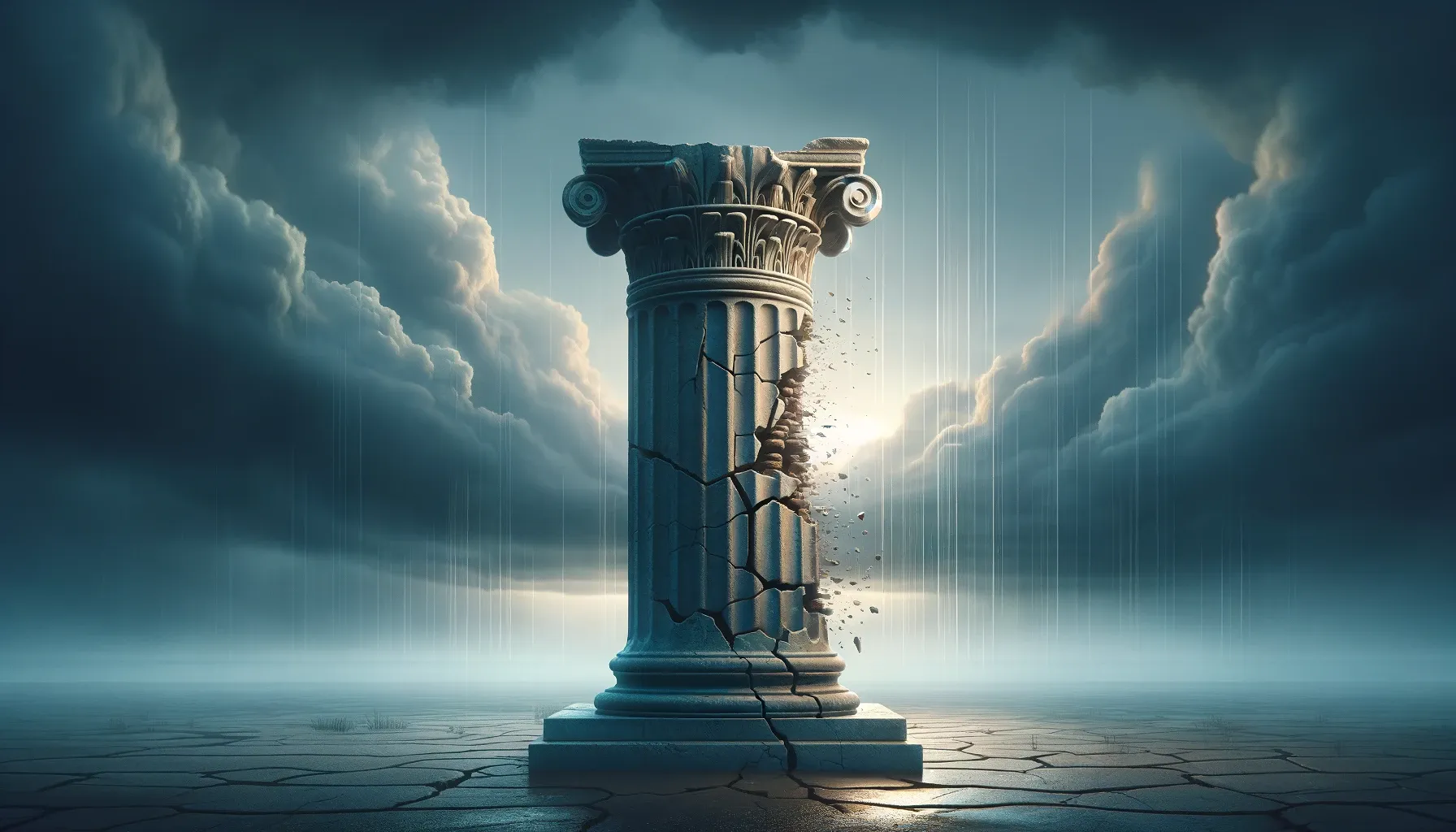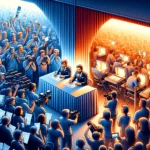Often on the streets, in the news, and on the internet, I hear people use the term ‘democratic’ and democracy as something most positive, something unparalleled. ‘That’s not democratic’ – is used instead of that’s not good, that doesn’t suit me, I disagree with that.
Democracy is taken as the pinnacle of social organization, as a kind of utopia. Conversely, any system that is not a democracy is demonized, belittled, and fought against in one way or another. Certainly, this is a characteristic of other systems (criticism of others), but my focus is on democracy because I live in such a society and because the masses see it as an ideal, despite all its flaws.
At its core, democracy is a way of choosing government and making decisions. It can be direct or indirect, i.e., representative. In a direct democracy, citizens make decisions themselves, while in a representative democracy, citizens choose representatives to make decisions on their behalf.
What is important, and what most people consciously or unconsciously get wrong, is that the definition of democracy ends there. Other things are not directly related to democracy but to the philosophy of governance. A government can be elected in a democratic manner and at the same time be liberal, socialist, capitalist, fascist, communist, theocratic, anarchist, etc.
Democracy is most commonly linked to liberalism, and that’s because liberalism/libertarianism and democracy developed together, and because liberal states are most often democratic.
However, this does not mean that liberalism and democracy are the same. Liberalism is a philosophy that advocates for individual freedom, limited government, free market, etc. Democracy is a way of choosing government and making decisions.
The critique I plan to present in the following posts relates exclusively to democracy, i.e., the way of choosing government and making decisions in democratic societies.
There is no specific order for publish the posts, it’s purely based on my motivation and ideas.




